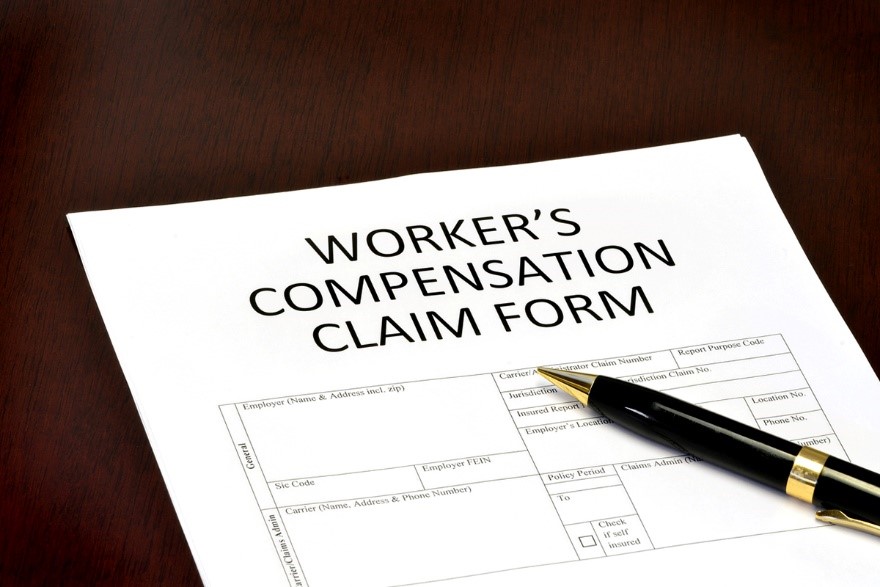![]() Print this Article | Send to Colleague
Print this Article | Send to Colleague
8 Exceptions to the Course of Employment Rule

To better understand course of employment rules it helps to look at the exceptions.
When someone gets injured on the job, the connection — or nexus — between the job and the injury is usually clear and indisputable. But sometimes, it’s not. For instance, say you work at home, and you tripped over your dog on your way to pull some fabric samples down from a shelf to take with you to a customer? Just such a claim was at first denied by the workers’ compensation judge, then paid on appeal.
Exactly what does course of employment mean? We can probably understand the concept better by looking at the exceptions.
The following rules relating to course of employment should help clarify things a bit:
1. Idiopathic Injuries
Idiopathic refers to an injury of unknown origin. When someone has a stroke or heart attack while at work, for example. Unless there is some sort of connection to a job function, such an injury would be considered idiopathic. Injuries like these are not compensable.
2. The Going and Coming Rule
With some exceptions, an injury incurred while driving back and forth to work is not covered. Unless driving is part of the job.
3. Dual Purpose and Special Errand Exceptions
On the other hand, if an employee is on an errand on behalf of the employer while going to or leaving work, this would be an exception of the going and coming rule.
4. Premises Exception
Even if the employee is not yet officially on the clock, if an injury occurs on premises owned or provided by the employer, there would be coverage.
5. Proximity or Special Hazard Exception
This exception would apply if a hazard existed such that if not for the hazard an employee would not have been injured. For instance, if employees are required to drive down an unsafe road to get to work. This is often a contentious and difficult exception to interpret.
6. Off-Duty Injuries
Injuries that occur when employees are on a break may be compensable. It depends on when, how often such breaks are taken and if they are permitted. Also, injuries that occur when someone is attending a seminar away from the office or on a business trip may be covered even while on break.
7. Horseplay
Injuries from horseplay can be barred from compensation. The facts need to be examined but in general the person initiating the horseplay would be denied benefits.
8. Injuries by Third Persons
Accidents or injuries caused by the intentional or negligent actions of third parties are compensable.
For more information or help, contact the Insurance professionals of EPIC’s CRA ProPest™ Insurance Program. Call us at: 888-877-PEST
Laura Coy
Vice President
EPIC Insurance Brokers & Consultants
Mobile (916) 390-1017 Direct (916) 576-1544
laura.coy@epicbrokers.com

